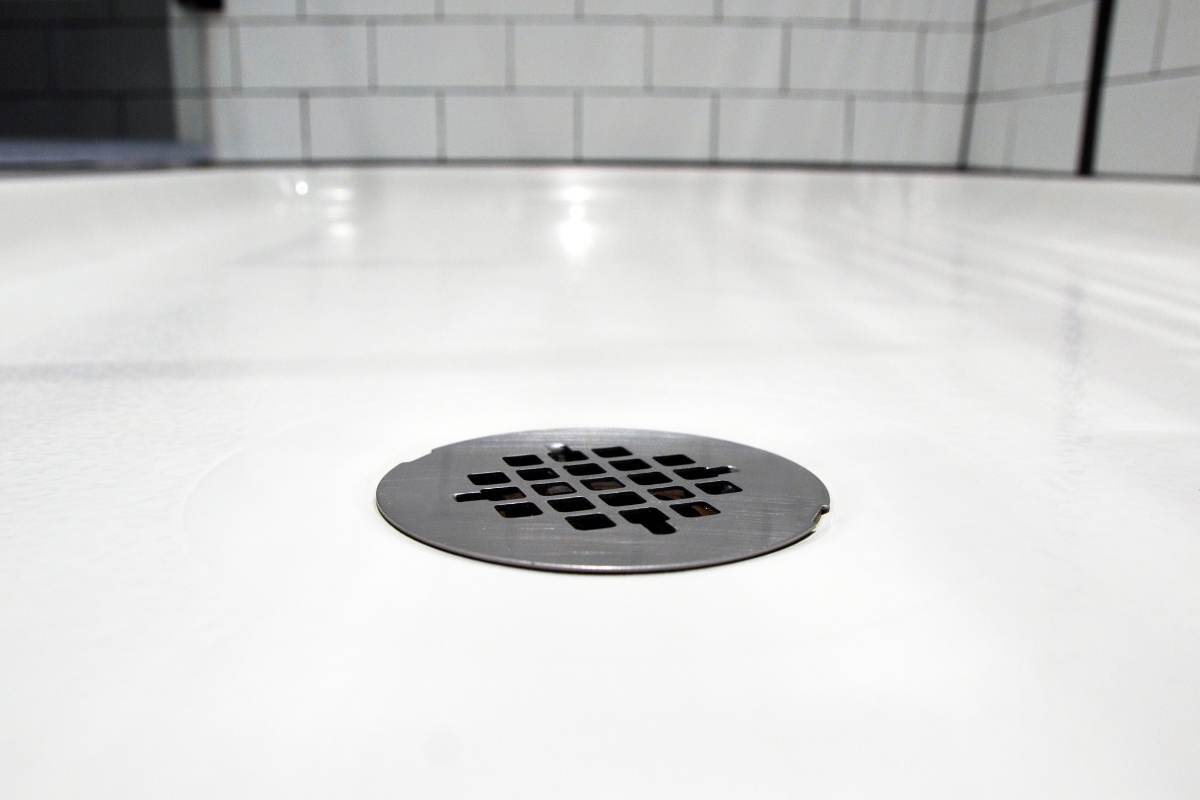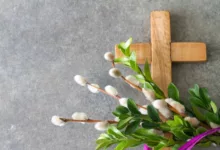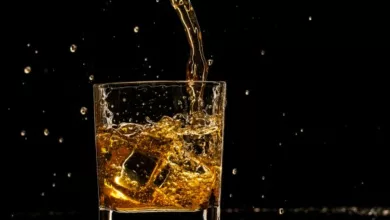4 Easy Ways to Unblock Your Household Drain

Emergencies happen in any home, which isn’t all that surprising, and yet, they have us surprised almost every time they occur. One of the most frequent ones is a blocked drain. After all, we use our bathroom and kitchen fixtures throughout each day, with plenty of waste going down the drain all of the time, from food scraps and cooking oil to various toiletries and hair. As common as this problem is, many people still aren’t sure what they should do when their drain gets blocked. If you’re facing this issue yourself, take a look at these simple ways to clear your household drain.
Grab a Plunger
Most people have a plunger somewhere in their home, often forgetting that it’s even there, until they find themselves in desperate need of it. This is a basic tool, but highly effective when there’s a problem with blockages. All you have to do is place it above the blockage, around the plug hole, where it forms a tight seal. After that, just pull the plunger and the vacuum effect eventually does all the work. You might need some strength, and it may take a few tries until you remove whatever’s blocking your drain, but you’ll probably be successful in your efforts. The downside of plungers is that they don’t always function when the blockage is caused by built-up grease or minerals, but when the blockage is solid, it’s highly likely a proper plunger will resolve the situation in a matter of minutes.
Utilize a Snake
A plumber’s snake, also known as an electric eel tool, is convenient for some more severe blockages. The cable you use has a rotating coil at its edge, which spins at a high speed, nicking at the blockage one bit at a time, till it clears the entire thing. The disadvantages are that the blockage needs to be close to the opening, since the tool has a limited range, and that you can cause serious damage to your pipes if you’re not skilled enough. Bear in mind that plumbing is a licensed trade and that in countries like Australia, it’s actually illegal to do most plumbing work unless you’re a professional. That’s why people hire qualified plumbers to deal with more difficult blocked drains in Northern Beaches and other parts of Sydney. This is definitely something you should consider as well, since it’s much better to have an experienced plumber help you than to take on something you can’t handle and cause more damage than good.
Rely on Natural Cleaners
If you’re keen on preserving the environment and aren’t a huge fan of chemical cleaners, you can always resort to natural ones instead. Nowadays, you can find a variety of these in most stores. They function by causing a fizzing effect, which slowly dissolves the blockage. If you don’t want to buy a finished product, you probably have some baking soda and vinegar in your kitchen and you can turn this into a small DIY project. Boil some water and pour it down your drain, then add a cup of soda and a cup of vinegar and leave it for fifteen minutes or so, before you clean the drain with more boiling hot water. Another way to go is to mix the baking soda with an equal amount of table salt, which can also be helpful with blockages. If necessary, repeat the process once or twice again, to make sure you rid your drain of any dirt and grease.
Also Read: The Benefits of Having a Sun Shade in Your Car
Heavy-Duty Cleaners
When hot water and natural cleaners can’t do the trick, it’s time to look for something more aggressive. You can buy chemical cleaners in almost any hardware store or supermarket. You’ll also find plenty of user-written online reviews for them, so that you know which ones are more efficient than others. Not only will these decompose fat and oils inside your drain, but some can do the same for hair and even some more stubborn blockages. When applying chemical cleaners, it’s essential that you ventilate the room before you start and keep it that way well after you’re done. In addition, you should strictly follow the instructions provided by the manufacturers, so as to avoid poisoning or any other type of health hazard. It’s also wise to use gloves and protect your face with a mask when using them. After you leave them to sit for a while, sometimes even overnight, you can wash them down by pouring hot water into your drain.
If you notice an unpleasant smell in your kitchen or your bathroom, if you hear weird gurgling sounds from your pipes, if water is overflowing from your fixtures or it doesn’t drain as fast as it normally does, there’s a high chance your drain is blocked. When this happens, don’t panic. Merely follow the tips above and your drains will be as good as new in no time.












